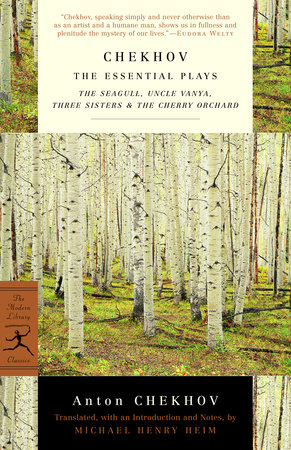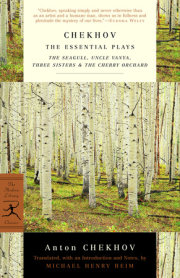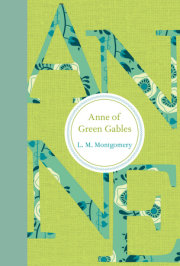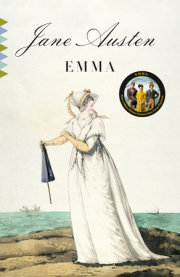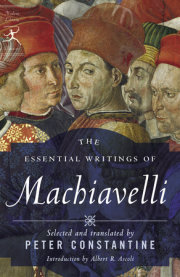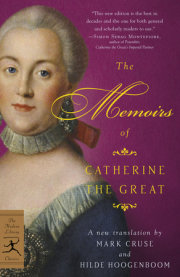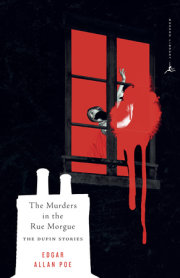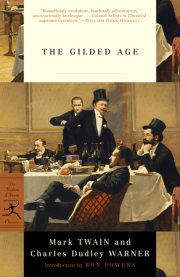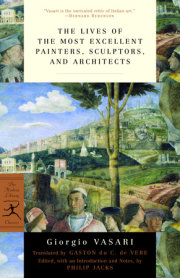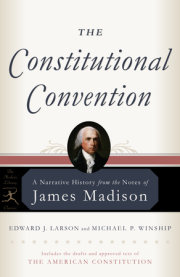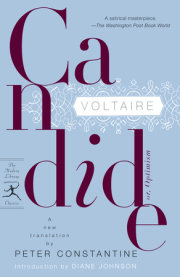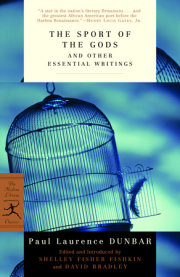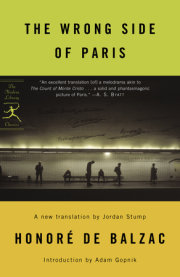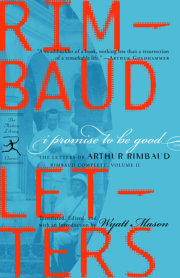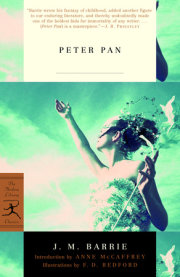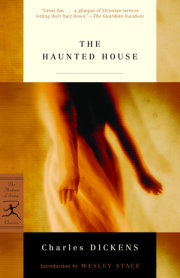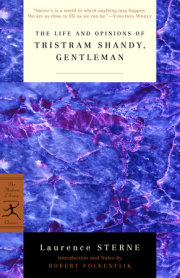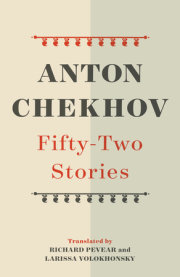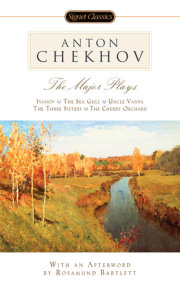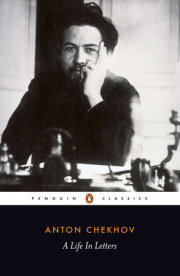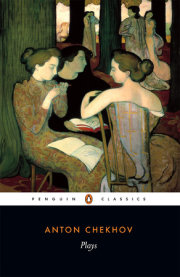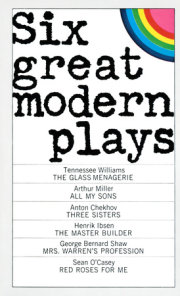characters
Irína Nikoláevna Arkádina (Trépleva by marriage). An actress.
Konstantín Gavrílovich Tréplev (Kóstya). Her son, a young man.
Pyotr Nikoláevich Sórin. Her brother.
Nína Mikháilovna Zaréchnaya. A young girl, the daughter of a rich landowner.
Ilyá Afanásyevich Shamráev. A retired lieutenant, the manager of Sorin’s estate.
Polína Andréevna. His wife.
María Ilyínichna (Másha). His daughter.
Borís Alexéevich Trigórin. A writer.
Yevgény Sergéevich Dorn. A doctor.
Semyón Sergéevich Medvedénko. A schoolmaster.
Yákov. A workman.
A Male Cook.
A Housemaid.
The action takes place on Sorin’s estate. Two years pass between Acts Three and Four.
Act OneThe grounds of Sorin’s estate. A broad tree-lined path leading away from the audience to a lake is cut off by a makeshift stage for an amateur performance. The lake is hidden from view. Bushes to the left and right of the stage. Several chairs, a small table.
The sun has just set. On the stage behind a lowered curtain Yakov and other Workmen are heard coughing and hammering. Enter Masha and Medvedenko, left, on their way back from a walk.
Medvedenko. Why is it you always wear black?
Masha. I’m in mourning for my life. I’m unhappy.
Medvedenko. But why? (Thinking hard.) I can’t understand it . . . You’re healthy. Your father may not be rich, but he has a comfortable life. My life’s much harder than yours—I make only twenty-three rubles a month minus pension-fund deductions—and I don’t wear mourning. (They sit down.)
Masha. Money doesn’t matter. Even a pauper can be happy.
Medvedenko. In theory perhaps, but not in practice. I’ve got myself, my mother, my two sisters, and my little brother to support—and all on twenty-three rubles. We need to eat and drink, don’t we? We need tea and sugar. We need tobacco. Just try and make ends meet.
Masha (looking at the stage). The play’s starting soon.
Medvedenko. Yes. Nina Zarechnaya in a play by Konstantin Gavrilovich. They’re in love, and today their souls will merge in the desire to create a unified artistic image. But my soul and yours have no points of contact. I love you. I miss you so much I can’t keep away. Every day I walk four miles here and four miles home, and what do I get? Utter indifference. And no wonder. I have no private means and a large family to support . . . Who wants to marry a man with nothing to eat?
Masha. Ridiculous. (She takes snuff.) I’m touched by your love. I can’t return it, that’s all. (She holds out the snuffbox to him.) Snuff?
Medvedenko. No, none for me. (Pause.)
Masha. What a muggy day. We’re in for a storm tonight. All you do is philosophize or talk about money. You think there’s nothing worse than poverty. Well, I think it’s a thousand times easier to go begging in rags than to . . . But you wouldn’t understand . . .
(Enter Sorin and Treplev, right.)
Sorin (leaning on his cane). I’m just not myself in the country, my boy. Never will be either, you can be sure of that. I went to bed at ten last night, and this morning at nine I woke up feeling my brain was stuck to my skull. From all that sleep and such. (He laughs.) I dropped off again this afternoon, and now I’m a complete wreck. It’s a living nightmare, if you know what I mean.
Treplev. You’re right. You ought to be living in town. (Seeing Masha and Medvedenko.) Sorry, but you’ll be called when it starts. You can’t stay here now. Please go.
Sorin (to Masha). Maria Ilyinichna, do you think you could ask your father to let the dog off the chain? It’s always howling. My sister was up again all night.
Masha. Ask him yourself. I refuse. I don’t want any part of it, thank you. (To Medvedenko.) Come on.
Medvedenko (to Treplev). You’ll let us know in time, won’t you? (They exit.)
Sorin. So that dog will howl all night again. You see? I never get my way in the country. I used to take a month off and come here to relax and such, but there was always so much fuss and bother I was ready to leave the day I came. (He laughs.) I was always glad to get away from here . . . Now that I’m retired, I have nowhere else to go, if you know what I mean. Like it or not, this is home . . .
Yakov (to Treplev). We’re going down for a swim, Konstantin Gavrilovich.
Treplev. All right. Just make sure you’re back in ten minutes. (He glances at his watch.) We’ll be starting soon.
Yakov. Yes, sir. (He exits.)
Treplev (looking over the stage). How’s that for a stage: curtain, one wing, another, then empty space. No set. You look straight out on the lake and the horizon. Curtain’s going up at eight-thirty on the dot, just as the moon starts to rise.
Sorin. Splendid.
Treplev. Of course the effect will be lost if Nina’s late. She should be here by now. Her father and stepmother never let her out of their sight. Getting away from that house is like breaking out of prison. (He adjusts Sorin’s tie.) Your hair and beard are a mess. Why don’t you keep them trimmed? . . .
Sorin (combing his beard). The tragedy of my life. I look drunk all the time. Even when I was young, I looked like a drunkard and all. Never had luck with the ladies. (Sitting down.) I wonder why my sister’s in such a bad mood.
Treplev. Why do you think? She’s bored. (Sitting next to him.) And jealous. She’s dead set against me, my play, and the performance, because her novelist might find Nina attractive. She doesn’t know the first thing about the play, but she hates it.
Sorin (laughing). You’re imagining things. Really . . .
Treplev. It galls her to think that Nina will get all the applause. Even on that tiny stage. (Glancing at his watch.) She’s a psychological oddity, my mother: unquestionably talented and intelligent, capable of weeping over a novel, reeling off all Nekrasov by heart, nursing the sick like an angel—but try praising Duse in her presence.2 No! She’s the only one you can praise; she’s the only one you can write about, shout about, rave about in Camille or The Fumes of Life.3 But here in the country there aren’t any opiates, so she’s bored and edgy and thinks we’re all her enemies, we’re the ones to blame. She’s superstitious too: afraid of three candles, of the number thirteen. She’s a miser: she’s got seventy thousand in a bank in Odessa—I know it for a fact—but try and get a loan out of her. She’ll burst into tears.
Sorin. You’re so convinced she’s against the play you can’t think straight and all. Calm down. Your mother worships you.
Treplev (pulling the petals off a flower). She loves me, she loves me not; she loves me, she loves me not; she loves me, she loves me not. (He laughs.) See? My mother doesn’t love me. Why should she? What she wants is to live, love, wear bright blouses. And here I am, twenty-five—a constant reminder she’s not so young as she used to be. When I’m not around, she’s thirty-two; when I am, she’s forty-three. That’s why she hates me. Besides, she knows I don’t accept her theater, the theater she loves. She thinks she’s serving mankind, a sacred art, but as far as I’m concerned the theater today is all rote and delusion. When the curtain goes up on an artificially lit room with three walls, and those great talents, those priests of sacred art, show how people eat, drink, love, walk, and wear their jackets; when they take stock lines and stock situations and try to squeeze a moral out of them, a smug, homespun, oversimplified sort of moral; when they serve up the same thing in a thousand variations, over and over and over again—then all I can do is run, flee, the way Maupassant fled the Eiffel Tower, afraid its vulgarity would wear down his brain.
Sorin. But we need the theater.
Treplev. What we need are new forms. New forms. And if we can’t have them, we’re better off with nothing. (Glancing at his watch.) I love my mother, love her dearly, but the self-indulgent life she leads—running around with that writer, getting her name in the papers—it’s all so tiresome. Sometimes the ordinary selfish mortal in me wishes she weren’t a well-known actress. I might be happier if she were an ordinary woman. Can you picture a more hopeless, more ridiculous situation? She has some people over—celebrities all: actors, writers; I’m the sole nonentity present. The only reason they tolerate me is that I’m her son. Who am I? What am I? I left the university in my third year “due to circumstances beyond my control.” No money, no talent, and papers that say “Kiev tradesman.” Well, my father was from a family of tradesmen, even though he himself was a well-known actor. Anyway, whenever the actors and writers in my mother’s drawing room deigned to pay me a little attention, I had the feeling they were sizing up my worthlessness. The humiliation I suffered reading their thoughts . . .
Sorin. By the way, what sort of man is her . . . her writer? I can’t make him out. He never says a word.
Treplev. He’s intelligent, unassuming, melancholy even. Perfectly decent. Not even forty and he’s got everything his heart de- sires. He drinks nothing but beer; his loves are all past their prime. As for his work . . . How shall I put it? It’s all very charming and polished . . . but . . . after Tolstoy or Zola you don’t want Trigorin.
Sorin. Well, I like writers. I once had two great ambitions: finding a wife and being a writer. Never managed either. Yes, it must be nice to be even a minor writer, if you know what I mean.
Treplev (listening attentively). I hear footsteps . . . (He hugs Sorin.) I can’t live without her . . . Even the sound of her footsteps is glorious . . . I’m insanely happy! (He runs up to meet Nina as she enters.) Enchantress! Light of my dreams! . . .
Nina (excited). I’m not late, am I? . . . I hope not . . .
Treplev (kissing her hands). No, no, no . . .
Nina. I’ve been nervous all day. And frightened. Afraid Father wouldn’t let me come . . . But then he went off somewhere with my stepmother. The sky was red, the moon about to rise. I raced my horse as fast as it would go. (She laughs.) I’m so happy to be here. (She gives Sorin a warm handshake.)
Sorin (laughing). Those pretty little eyes have been crying, haven’t they? Naughty, naughty.
Nina. It’s nothing . . . Look how out of breath I am. I’ve got to leave in half an hour. We’d better hurry. No, no, don’t ask me to stay. Father doesn’t know I’m here.
Treplev. It’s time we got started anyway, time to go and call everybody.
Sorin. I’ll go. I’m off and all. (He starts off to the right, singing.) “To France were returning two grenadiers." (Then he stops and turns back.) Once I burst into song like that at the office, and one of the assistant prosecutors said to me, “That’s a powerful voice you’ve got there, Your Excellency.” Then he paused a second and added, “Powerful, but repellent.” (He exits laughing.)
Nina. My father and stepmother keep telling me not to come here. They say it’s too bohemian . . . They’re afraid I’ll want to be an actress . . . But I’m drawn to the lake, like a seagull . . . My heart is so full of you. (She looks about.)
Treplev. We’re alone.
Nina. Isn’t that somebody over there? . . .
Treplev. No. (They kiss.)
Nina. What kind of tree is that?
Treplev. An elm.
Nina. Why is it so dark?
Treplev. It’s late. Everything is dark. Don’t go so soon. Please don’t.
Nina. I can’t stay.
Treplev. What if I followed you home and stood the whole night in the garden looking up at your window?
Nina. You can’t do that. The watchman would see you. And Trésor would bark. He’s not used to you yet.
Treplev. I love you.
Nina. Sh!
Treplev (hearing footsteps). Who’s there? Is that you, Yakov?
Yakov (from behind the stage). Yes, sir.
Treplev. Is the wood alcohol ready? and the sulfur? We need that sulfur smell when the red eyes come on. (To Nina.) Let’s go. Everything’s ready. Are you nervous?
Nina. Yes, very. I don’t mind your mother. I’m not afraid of her. But Trigorin . . . It’s so scary, so mortifying to act with him here . . . A famous writer . . . Is he young?
Treplev. Yes.
Nina. What marvelous stories he writes!
Treplev. I wouldn’t know. I never read them.
Nina. Your play is so hard to act. There are no live people in it.
Treplev. Live people! Life must be shown not as it is, not as it should be, but as it appears in dreams.
Nina. Your play has so little action. It’s all words. And I always thought a play needs a love interest . . . (Both exit behind the stage.)
(Enter Polina and Dorn.)
Polina. It’s getting damp. Go back and put your galoshes on.
Dorn. I’m hot.
Polina. You don’t take care of yourself. It’s that stubborn streak of yours. You know very well how bad this damp air is for you—you’re a doctor. But no, you want me to suffer. That’s why you spent the whole evening on the terrace yesterday . . .
Dorn (singing to himself). “Oh, tell me not that your young years were blighted . . .”
Polina. You got so carried away talking to Irina Nikolaevna you didn’t notice the cold. Admit it. You’re attracted to her.
Dorn. I’m fifty-five.
Polina. That’s nothing. Fifty-five isn’t old for a man. You’re as handsome as ever, and women are still attracted to you.
Dorn. What is it you want, anyway?
Polina. You’re all just waiting to fall at the feet of an actress. All of you.
Dorn (singing to himself). “Again I stand before you, enthralled as once before . . .” It’s only natural for people to admire actors and treat them differently from, say, merchants. It’s a kind of idealism.
Polina. Women are always falling in love with you and hanging on your neck. Is that idealism?
Dorn (shrugging his shoulders). What can I say? There’s been a lot of good in the feelings women have for me. More than anything they’ve loved my skill as a doctor. Ten or fifteen years ago, if you remember, I was the only decent doctor in the district who would deliver babies. And I’ve always been honest.
Polina (clutching his arm). Darling!
Dorn. Quiet! They’re coming!
(Enter Arkadina on Sorin’s arm, followed by Trigorin, Shamraev, Medvedenko, and Masha.)
Shamraev. She was magnificent at the Poltava Fair in ’73, magnificent. A sheer delight. Perhaps you know what’s happened to Chadin, the comic. Pavel Chadin. His Rasplyuev was incomparable—better than Sadovsky’s. Believe me, dear lady. Where is he now?
Arkadina. How should I know? Why bring up ancient history! (She sits down.)
Shamraev (sighing). Good old Chadin! A dying breed. The theater’s not what it used to be. We once had mighty oaks, Irina Nikolaevna; now we’re down to stumps.
Dorn. True, we’ve got fewer celebrities, but the average actor has come a long way.
Shamraev. Can’t say as I agree, but I suppose it’s a matter of taste. De gustibus aut bene, aut nihil.
(Treplev comes out from behind the stage.)
Arkadina (to Treplev). When is it starting, dear?
Treplev. In a minute. Please be patient.
Arkadina (reciting from Hamlet).
O Hamlet, speak no more:
Thou turn’st mine eyes into my very soul:
And there I see such black and grainèd spots
As will not leave their tinct.
Treplev (from Hamlet).
Nay, but to live
In the rank sweat of an enseamèd bed,
Stewed in corruption, honeying and making love
Over the nasty sty.
(A horn plays a fanfare behind the stage.) Ladies and gentlemen! Attention, please! The play is about to begin.
(Pause.)
I’m starting now. (He taps his stick and intones in a stentorian voice.) O ye hallowed shades of yore floating o’er the lake by night, lull us to sleep and waft us dreams of what shall be two hundred thousand years from now.
Sorin. Two hundred thousand years from now there’ll be nothing left.
Treplev. Then let them show us that nothing.
Arkadina. Yes, let them. We’re asleep.
Copyright © 2003 by Anton Chekhov. All rights reserved. No part of this excerpt may be reproduced or reprinted without permission in writing from the publisher.

